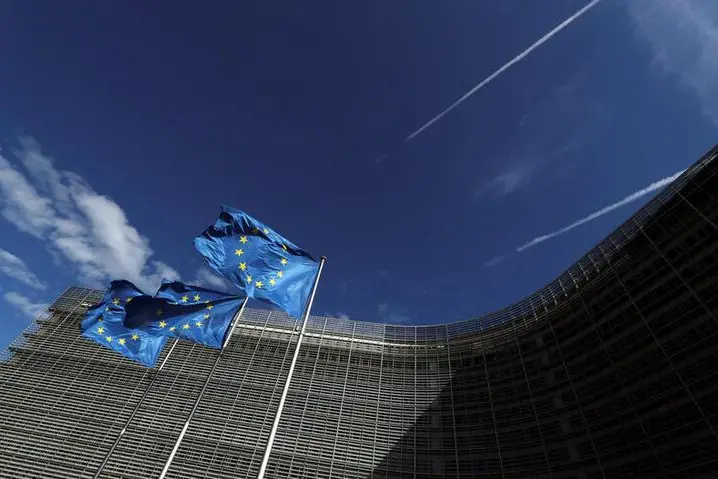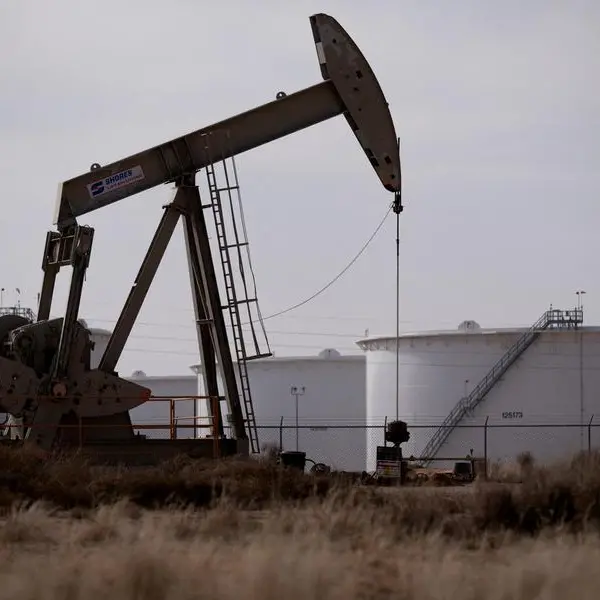PHOTO
BRUSSELS- Some European Union countries including France and Spain stepped up calls to reform the bloc's energy market rules to cope with high prices, a stance challenged by a rival group of states including Germany, as energy ministers met on Thursday.
European energy prices surged to record highs in autumn as tight gas supplies collided with high demand in economies recovering from the COVID-19 pandemic.
While gas prices have retreated from record highs in October, they remain relatively high.
EU member states have struggled to find a common response to the prices, despite leaders and ministers holding multiple emergency meetings in recent months on the issue. urn:newsml:reuters.com:*:nL1N2RH16P
Germany, Denmark, the Netherlands and six other countries published a joint statement on Wednesday opposing EU energy market reforms, ahead of the energy ministers' meeting to debate their response to high gas and electricity prices.
Price caps or switching to a different system of setting national power prices could discourage electricity trade between countries and undermine incentives to add low-cost renewable energy to the system, the countries said.
A second group - Spain, France, Italy, Greece and Romania - fired back with a statement calling for EU rules to protect consumers from swings in prices. They also want joint gas buying among EU countries to form strategic reserves and an investigation to identify reforms to the bloc's electricity market.
In response, the European Commission will propose a framework to enable joint procurement of strategic gas stocks, energy commissioner Kadri Simson said on Thursday, without providing further details.
That would be part of an upcoming Commission proposal to upgrade EU gas market legislation, due on Dec. 14.
An initial report by EU energy regulators, published last month, did not identify major issues with the current power market design. A separate investigation by the bloc's securities watchdog said there was no proof that surging prices in the EU carbon market had been caused by market abuse.
Many EU countries have already used temporary national measures to shield consumers from higher bills, including energy tax cuts and subsidies for households. The Commission has said it will study the benefits of longer-term options such as joint gas buying.
Ministers will also on Thursday assess progress in negotiations to set tougher EU targets to improve energy efficiency and expand renewable energy this decade.
(Reporting by Kate Abnett, additional reporting by Isla Binnie; editing by David Evans and Emelia Sithole-Matarise) ((Kate.Abnett@thomsonreuters.com;))





















